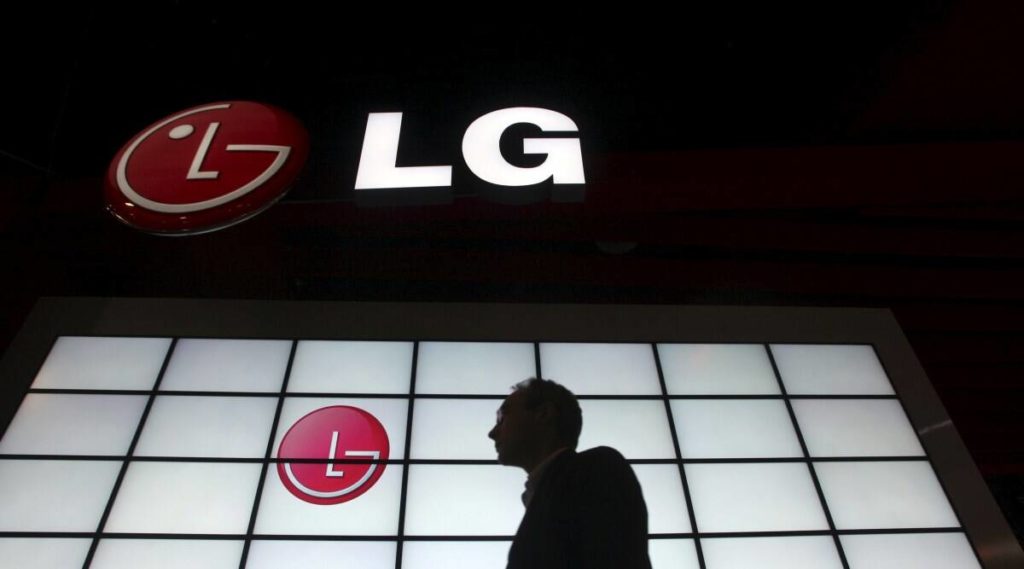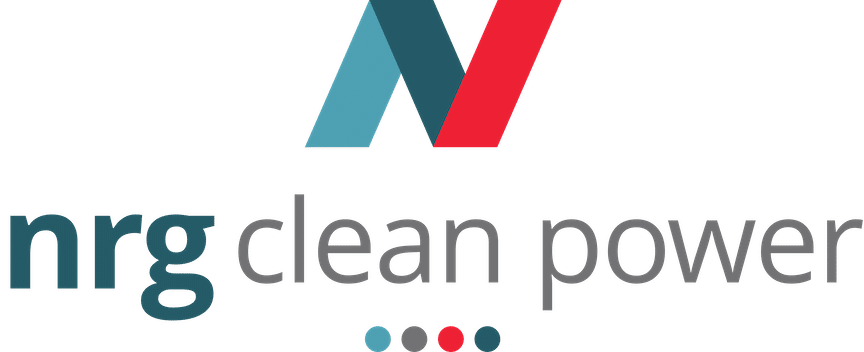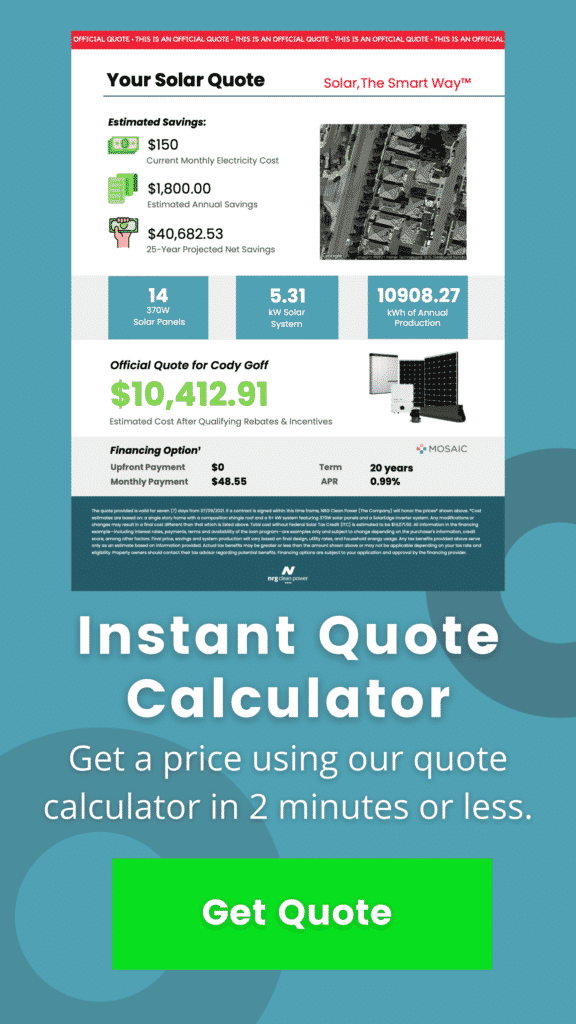
LG Electronics Inc. recently revealed its plans to discontinue its solar panel business. According to the South Korean tech giant, the move was made in light of growing uncertainties in the global solar panel industry exacerbated by various factors beyond their control.
LG’s official press release stated that its board of directors approved the decision to shut down the solar panel manufacturing arm on 22 February 2022, citing business uncertainties as grounds.
The electronics giant said uncertainties have intensified in recent months due to several reasons, including increased raw material costs and the steadily escalating price competition across all significant markets worldwide.
Support for LG Solar Panels Will Continue for Customers
Despite the decision to shut down its solar panel business, LG made it clear that it will continue to support the needs of customers who have already purchased its products.
In fact, the electronics giant plans to continue manufacturing solar panels until the end of the second quarter of this year. That way, they can ensure a sufficient inventory level for supporting existing customers.
The company, however, has not announced a definite date when they will discontinue supporting existing solar panel users.
LG is considered one of the most prominent players in the South Korean solar panel business, along with Hanwha Q Cells and Shinsung E&G. As such, industry experts expect the remaining vendors to increase their market shares after 30 June 2022, following LG’s exit.
LG’s Solar Panel Manufacturing Journey
The following details describe LG’s solar panel business journey:
- In the 1980s, when LG was still known as “GoldStar,” the company started to conduct research and development (R&D) in the field of solar power.
- By 1988, GoldStar developed Solar Lantern, its first-ever portable solar cell product.
- Throughout the 1990s, GoldStar evolved to become LG Electronics and began selling solar-powered heaters. The company also introduced photovoltaic (PV) systems meant to power traffic lights and clock towers.
- In 2008, LG consolidated its numerous solar R&D teams to form the Solar Cell Research Team at LG Chemical First. Soon after, the company produced its first-ever solar panel.
- In 2009, LG started building a 14-megawatt solar farm in Taean, South Korea.
- LG bagged the Intersolar Award in 2013, 2015, and 2016 for its work on solar panel technology.
- In 2015, LG introduced Cello Technology, which utilizes 12 slender wires instead of busbars to enhance the performance of its solar panels.
- In 2022, LG officially announced it was shutting down its solar panel business.
What Happens to Business Solutions Company After LG Shuts Down Its Solar Panel Business?
LG’s solar panel manufacturing business is currently handled by the tech giant’s Business Solutions Company. Beyond the second quarter of this year, therefore, Business Solutions Company will reorganize in line with its new overall focus.
In the second half of 2022, Business Solutions Company will focus on LG’s Information Technology and Information Display business segments. It also hopes to jumpstart growth and innovation in its various lineups of advanced products and tailored services.
Global Solar Panel Market Outlook
Despite LG’s belief that the global solar panel business is set to face increasing certainties, various industry analysts continue to project growth before the decade ends.
Earlier this year, Brandessence Market Research pegged the 2021 solar panel market value at slightly more than $182 billion. That amount is projected to increase at a robust compound annual growth rate (CAGR) of more than 25%. As such, by 2028, its size will reach more than $902 billion.
The market research firm segments the global solar panel market into the following categories:
- Application
- Commercial
- Industrial
- Residential
- Grid Connectivity
- On-Grid
- Off-Grid
- Module Type
- Crystalline
- Thin Film
- Technology
- Concentrated Solar Power
- Solar PV
- Application
Will LG Abandon the Renewable Energy Field?
While LG may be bidding farewell to its solar panel business, that does not mean it will be abandoning its renewable energy-related efforts. In fact, the South Korean tech powerhouse hopes to take full advantage of the expertise it gained in the field of renewable energy to introduce new customer offerings.
LG plans to focus on growth sectors while continuing to innovate existing products to usher in an era of sustainability. Specifically, the company will concentrate on developing new solutions in the fields of Energy Storage Systems (ESSs) and energy management.
LG’s Current Roster of ESS and Energy Management Solutions
For those not in the know, ESS refers to technology that allows electricity to be stored for later use. Examples include during emergencies and power outages due to natural and man-made calamities and disasters. ESSs also help lower greenhouse gas (GHG) emissions, making them environmentally friendly options for energy conservation.
LG already has existing products that leverage ESS technology. Two examples that come to mind are LG ESS Home 8 and LG ESS Home 10.
The electronic giant’s BECON Energy building energy management solution combines energy tracking, optimized energy facility controls, energy analytics, and high facility efficiencies.
Dealing with Employees Who Will Be Transitioning
As the solar panel production shutdown draws nearer, LG will inevitably have to deal with several employees who may, unfortunately, have to sever ties with the company.
To LG’s credit, it promised to provide transition support for every solar panel production team member who will no longer be working for them by the second half of 2022. The company will also offer severance packages proportional to the affected employees’ years of service.

Authored by Ryan Douglas
NRG Clean Power's resident writer and solar enthusiast, Ryan Douglas covers all things related to the clean energy industry.


